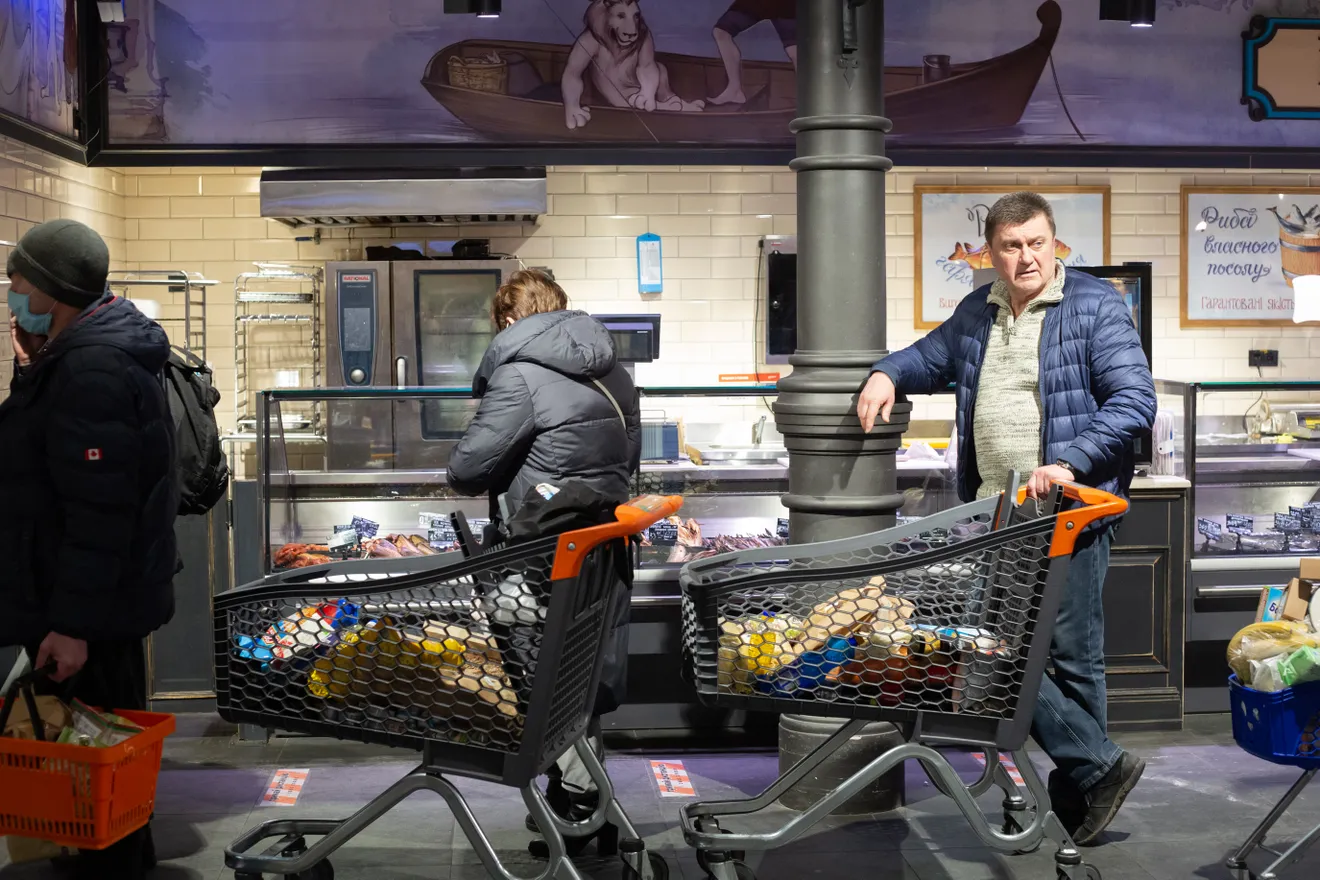The world cannot ignore the global food crisis and its consequences
This food security crisis is unlike any of the past, as it is the result of multiple major causes.
Author : Cary Fowler
Source : https://www.desmoinesregister.com/story/opinion/columnists/2022/09/25/global-food-crisis-world-cannot-ignore/8073369001/
August was the 452nd consecutive month that the global average temperature exceeded the 20th-century average for the same month. To climatologists, 452 adds up to climate change. To farmers around the world, that translates to a lot of really bad weather. To those in Somalia, that very well could mean a famine this year. In any case, it contributes to a global food crisis — and one which all the world’s countries must address.
On behalf of the president, Secretary of State Antony Blinken did just that when he joined world leaders at the Global Food Security Summit in New York on Sept. 20 at the United Nations General Assembly. At this gathering, he challenged global partners to take the needed actions to combat the negative impacts of conflict and climate change on food security.
Climate change has arrived. During the 1980s, there were fewer than three natural disasters per year in the United States that cost roughly $1 billion each in damage (inflation adjusted). In contrast, there were 20 such natural disasters in the last year.
Credible projections indicate that by mid-century in many countries, the best growing seasons temperature-wise will closely resemble the worst of the past.
Globally, 193 million people face acute food insecurity. This year’s projected budget shortfall for the World Food Program exceeds last year’s entire budget. The World Food Program executive director recently remarked that the organization is being forced to make an agonizing decision — “to take food from hungry children to give it to starving children.” And we’re only beginning to feel the full effects of climate change.
The United States is providing an unprecedented amount of food aid and humanitarian assistance and is the World Food Program’s largest donor. But make no mistake, these efforts are neither enough to resolve the current crisis nor prevent another. Food aid, regardless of the amount, is not and cannot be the only means to address food insecurity. There is no formula for determining the best balance of using available resources for immediate humanitarian aid and boosting food production (reducing the need for aid), but we know improving food systems is the answer. Most countries — 131 of 196 — are net food importers.
Reliable local production, well-functioning markets, strong, responsive democracies, and open international trade are essential to strengthening food systems, especially in countries that are currently food insecure.
Vladimir Putin bears responsibility for exacerbating a global food crisis that was already well underway thanks to his decision to launch an all-out invasion of Ukraine, a top five supplier of wheat, corn, and vegetable oil to world markets. What happens in Ukraine doesn’t stay in Ukraine. Rising prices downstream of Russia’s full-scale war have pushed millions more around the globe into food insecurity.
This food security crisis is unlike any of the past, as it is the result of multiple major causes, notably climate change, COVID-19, and global conflict. More than half of those experiencing hunger today live in conflict zones. Historically low grain stockpiles, high fertilizer prices, limited fertilizer availability, and food export restrictions imposed by about 20 countries also add to the list of causes. Moreover, 21 of the world’s 37 major aquifers are in decline. The Ganges and the Arabian aquifer systems, both sources of water for irrigation, are among those suffering serious depletion.
This is a multi-year crisis. Due to the many factors at play and the need for multiple growing seasons to restore supplies and markets, there are no quick or easy solutions. The fight against hunger must be conducted with a long-term perspective and on multiple fronts.
The U.S. government is engaged with a multi-year strategy that seeks to create food systems that are inclusive, resilient, and sustainable. We have expanded Feed the Future, the U.S. government’s flagship global hunger and food security initiative, to eight new countries, all in Africa. The United States is providing support to institutions such as the International Maize and Wheat Improvement Center, which are contributing significantly to global food security. The Center’s drought-tolerant corn is now planted on 17 million acres in Africa.

People wait in a line with groceries at the supermarket on Feb. 28, 2022 in Kyiv, Ukraine.Anastasia Vlasova, Getty Images
We must ensure that all crops important to food security receive adequate research funding and are “climate ready” to increase production, provide more farmer income, better nutrition, and heightened resilience both to weather extremes and geopolitical shocks. This makes humanitarian and economic sense and is in everyone’s self-interest. Ask any farmer anywhere.
This investment in research also makes sense from a national security perspective, as conflict is both a cause and effect of food insecurity. Intensifying climate change and hunger increase the risk of conflict.
Strengthening global food systems not only advances peace abroad but also helps our own farmers here at home. For wheat alone, every two cents invested by U.S. taxpayers generates one hundred dollars of benefit to our economy. And how does it impact the hungry? USAID programs, to cite but one example, have prevented 3.4 million children in target countries from being stunted.
When we choose to invest in global food security, we all benefit. In joining world leaders at the United Nations to address food insecurity, we will leverage our investment and put America in the lead where it must be.

February 2008 - Cary Fowler, a 1967 White Station High School graduate, not far from the arctic seed vault near Svalbard, Norway.CommercialAppeal.com
Cary Fowler is U.S. special envoy for global food security.